Washington’s political scene is facing serious turbulence, with two high-profile Democrats—Seattle Mayor Bruce Harrell and Governor Bob Ferguson—losing ground ahead of critical elections. A pair of new polls reveals mounting voter dissatisfaction, tight races, and a growing sense of disconnect between voters and their government.
Harrell’s Re-Election at Risk
Seattle Mayor Bruce Harrell is struggling to maintain his lead in the race for re-election. A newly released Northwest Progressive Institute (NPI) poll shows Harrell narrowly ahead of challenger Katie Wilson by just two points (33% to 31%), with T-Mobile executive Joe Mallahan trailing far behind at 3%. Most concerning for Harrell’s campaign: a large portion of the electorate—27%—remains undecided.
When voters are shown candidate statements from the official voters’ pamphlet, the lead flips, with Wilson ahead at 35% to Harrell’s 33%. And in a head-to-head matchup, Wilson leads 43% to 39%, with 15% undecided and 4% not planning to vote.
Wilson, who leads the advocacy group Transit Riders Union, has no prior experience in elected office. Yet she is the only local figure with a net-positive approval rating in the poll—largely driven by support from younger voters, particularly Millennials and Gen Z.
According to NPI executive director Andrew Villeneuve, “Voters in Seattle are not happy.” The poll, conducted by Change Research among 561 likely voters, reflects an “unsettled” electorate—disillusioned by political leadership and skeptical about recovery narratives.
Media Narrative vs. Reality
Harrell’s campaign has leaned heavily on statistics showcasing a drop in crime and signs of downtown economic recovery. However, this message may be falling flat. Right-wing media, particularly Sinclair-owned KOMO-TV, has amplified coverage of crime, homelessness, and car crashes—shaping public perception in a far more negative light than city data supports.
While recent Seattle mayors have struggled to win a second term, there is historical precedent for incumbents bouncing back after a rough primary. In 1973, Mayor Wes Uhlman trailed his challenger by 15,000 votes in the primary but went on to win the general election by 6,000 votes.
Still, Wilson’s rise indicates a potential shift in Seattle’s political identity—favoring grassroots progressives over establishment figures.
Ferguson’s Declining Favorability
On the state level, Governor Bob Ferguson is facing his lowest approval numbers yet. According to a Cascade PBS/Elway poll of 403 voters taken July 7–11, only 33% approve of Ferguson’s performance. By comparison, 53% rate him as “fair” (22%) or “poor” (31%), and 14% had no opinion.
These numbers are worse than those of any Washington governor since Mike Lowry in 1993, whose approval sank due to tax increases. Ferguson’s challenges are similar—a six-cent gas tax hike, new business taxes, and perceived budget mismanagement.
The poll reveals deep partisan divides:
-
87% of Republicans rate Ferguson as fair or poor.
-
Only 60% of Democrats give him positive marks.
-
Among Democratic-leaning Independents, just 30% approve of his performance.
Ferguson’s support has plummeted, even though he tried to balance fiscal restraint with progressive spending. Initially calling for caution over a projected $15 billion shortfall, he ultimately backed a budget with $9 billion in new taxes—causing what pollster Stuart Elway called “whiplash” among voters.
Ironically, Ferguson is being attacked from both sides. Conservatives see him as a tax-happy liberal, while some on the left criticize him for not taxing enough and for approving spending cuts.
Discontent with State Legislature
The Democratic-controlled Legislature isn’t faring much better in public opinion:
-
Only 1% of voters rated its work as “excellent.”
-
23% said it was “good,” while 30% called it “fair” and 34% “poor.”
-
Despite this, individual policies received surprisingly strong support.
Some of the Legislature’s most notable actions were viewed favorably:
-
61% approve of mandatory safety instruction for firearm buyers.
-
61% support the cap on rent hikes.
-
54% favor unemployment benefits for striking workers.
However, the gas tax hike was deeply unpopular, with 61% disapproving.
This disconnect—where voters disapprove of the body but support its policies—may reflect broader dissatisfaction with political process rather than with outcomes.
What’s Next: A High-Stakes Off-Year Election
With critical legislative and local races looming, the results of these polls could have long-term ramifications:
-
Key special elections are taking place in swing districts, including the 5th (east King County) and 26th (Kitsap Peninsula).
-
Historical precedent from 1994—when tax backlash led to sweeping GOP gains—suggests that Democrats are vulnerable, even in a traditionally blue state.
As Elway put it, voters are increasingly disconnected from their government. For incumbents like Harrell and Ferguson, the road to November may require not just policy adjustments but rebuilding trust with a disenchanted electorate.
In an election year shaped by affordability crises, housing struggles, and economic recovery, Washington voters seem to be sending a clear message: change—or face the consequences.

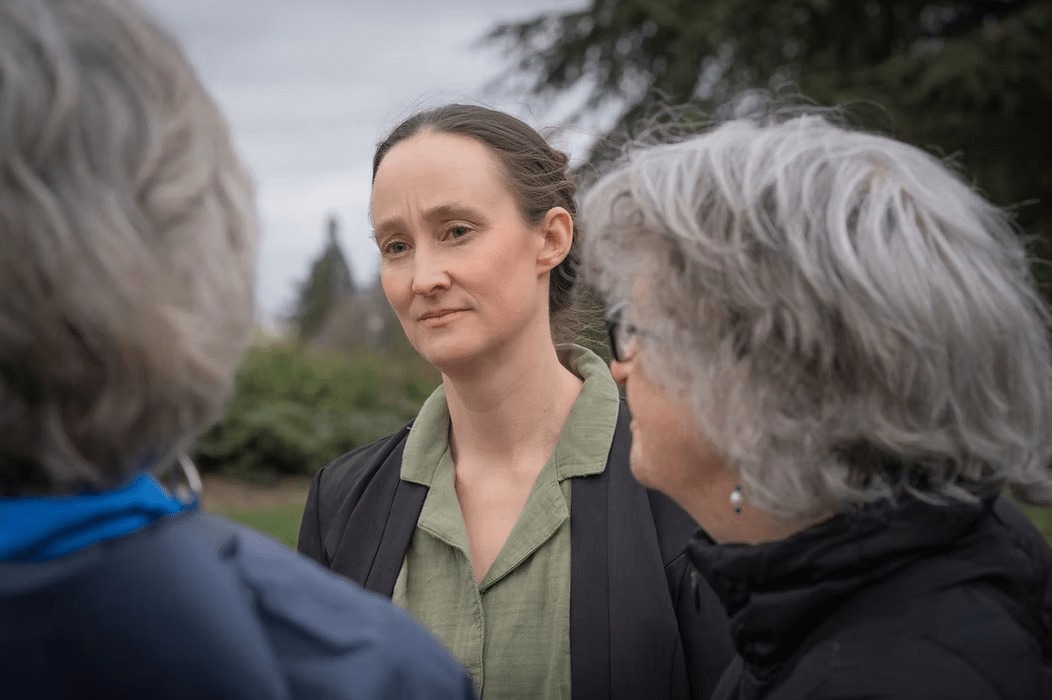
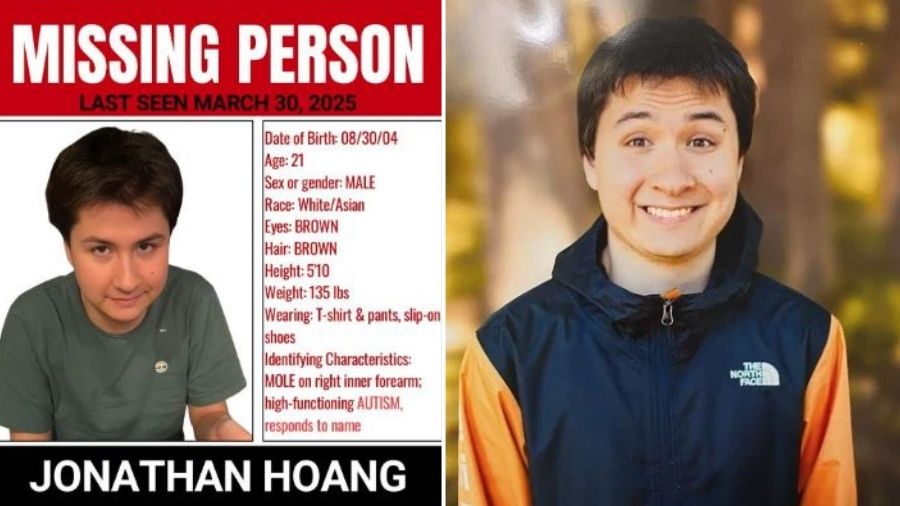

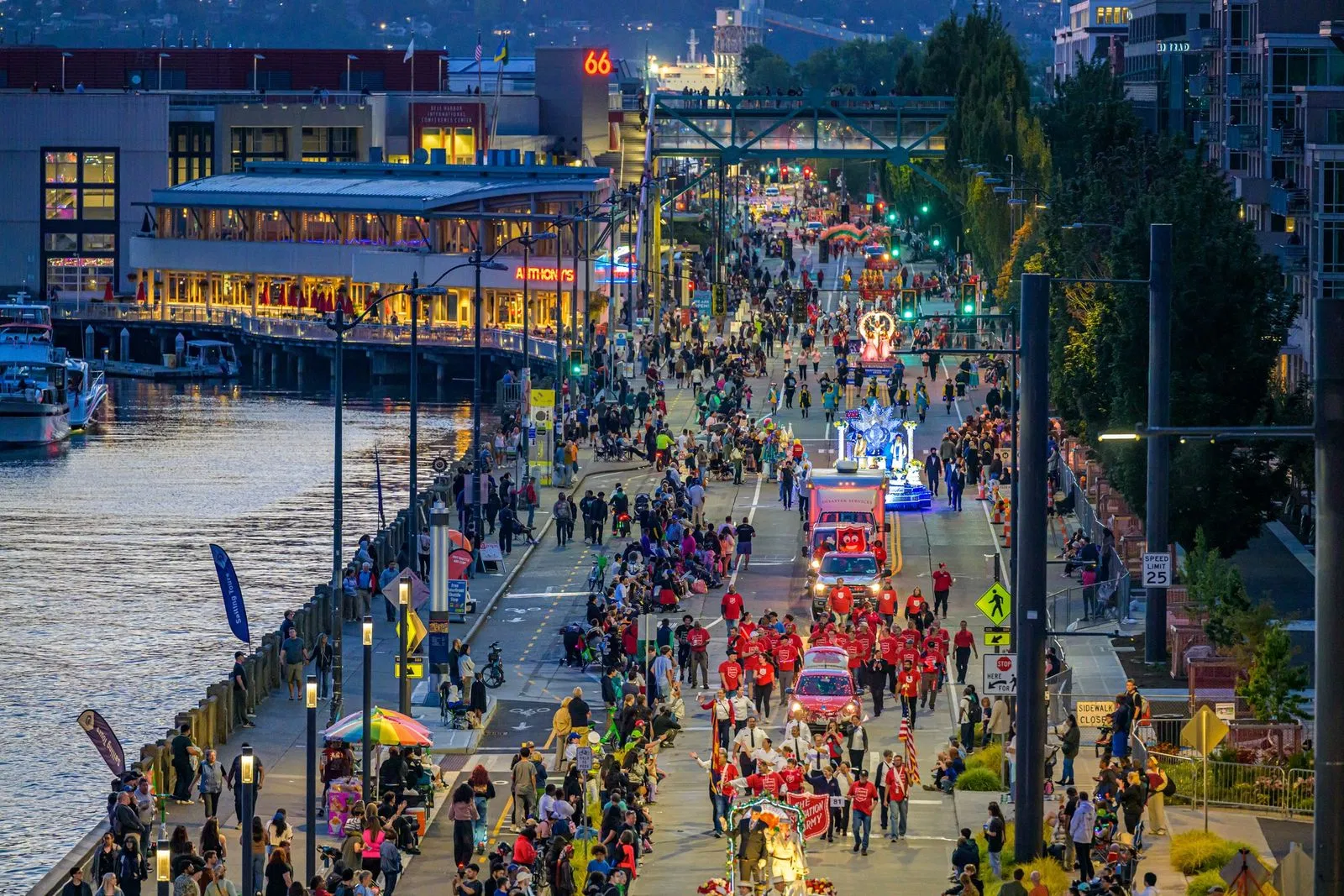

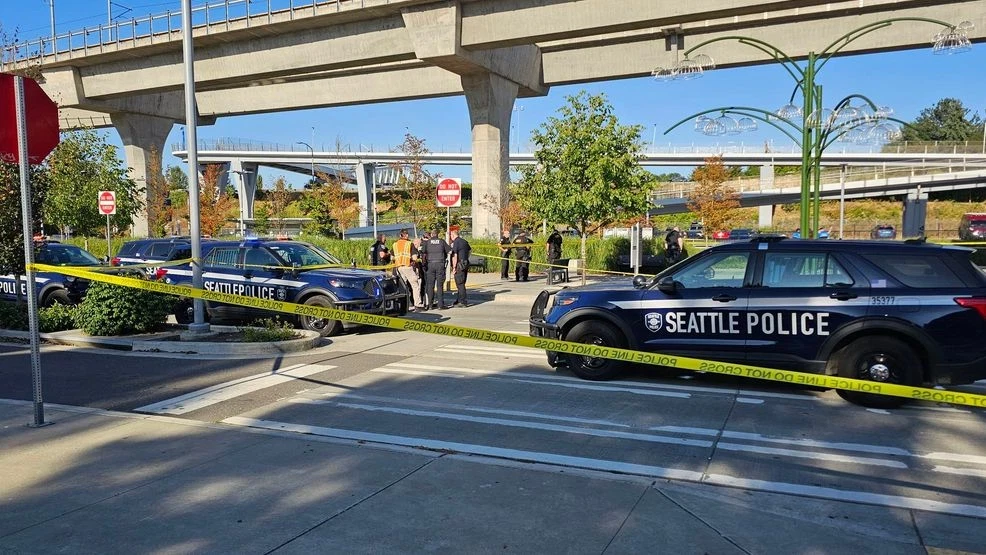
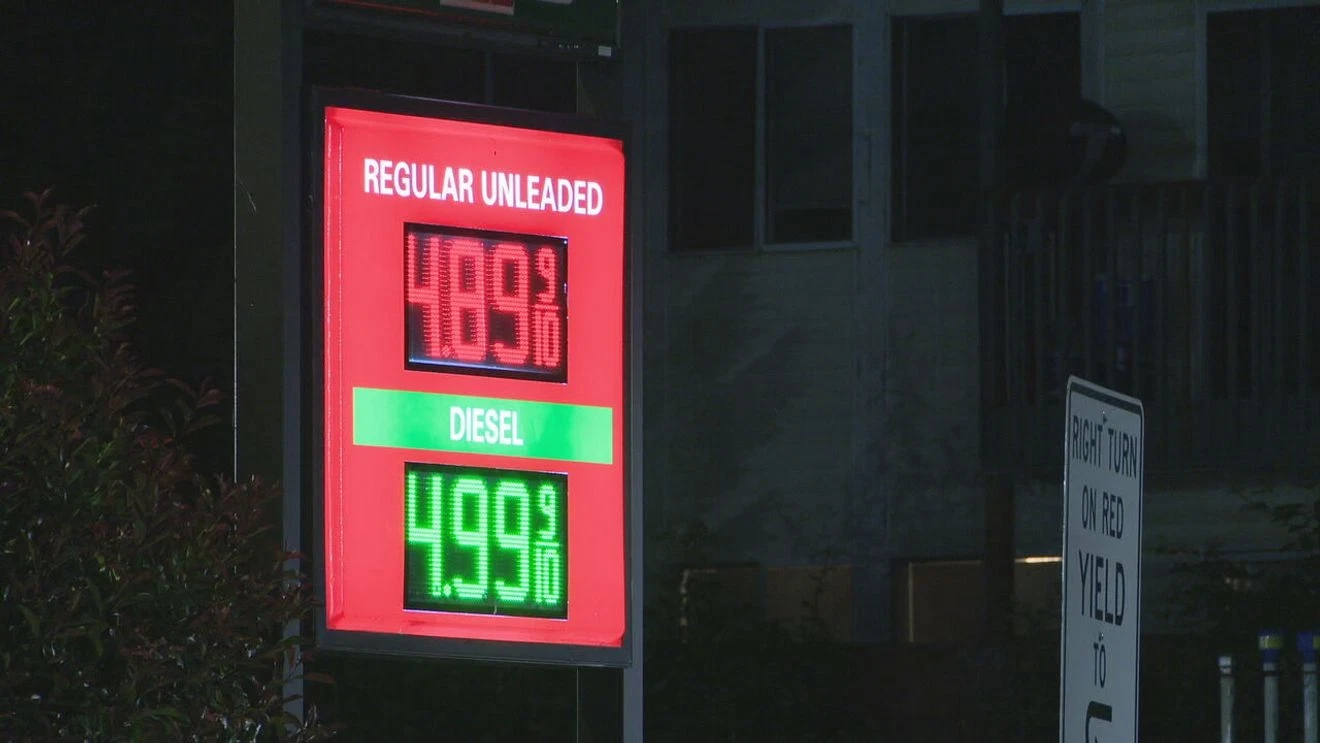

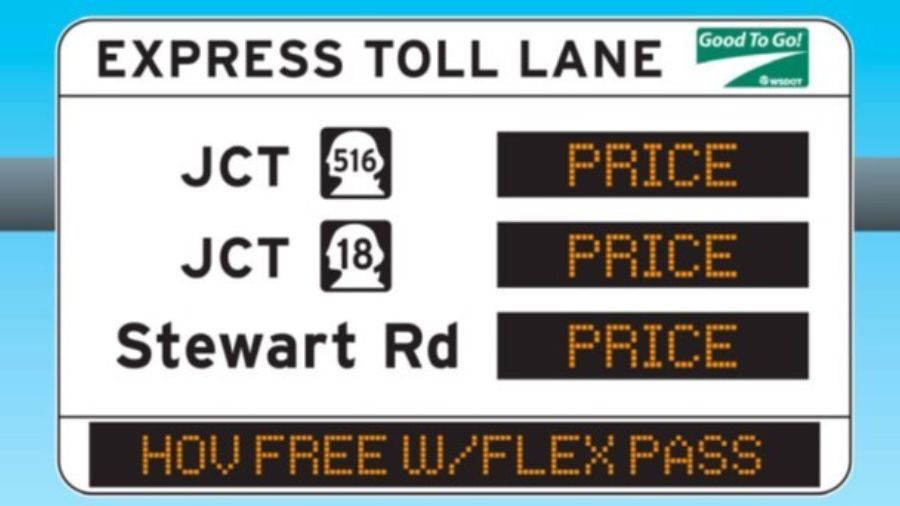


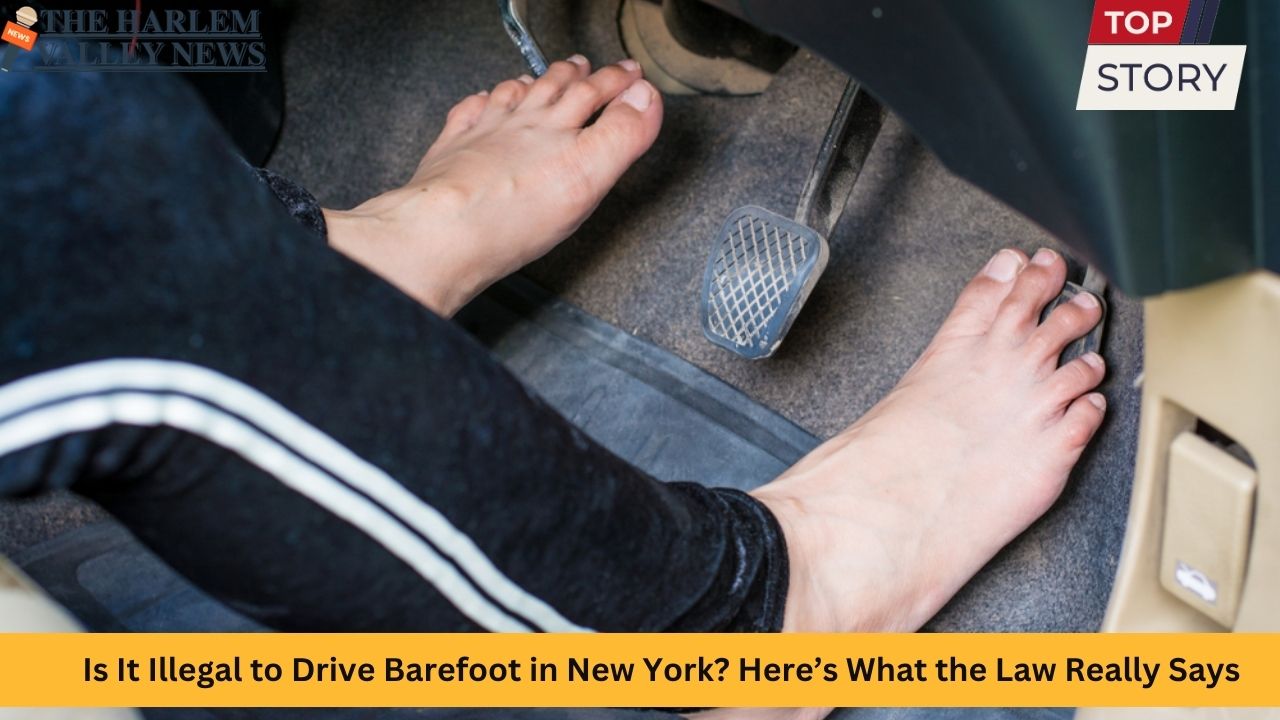
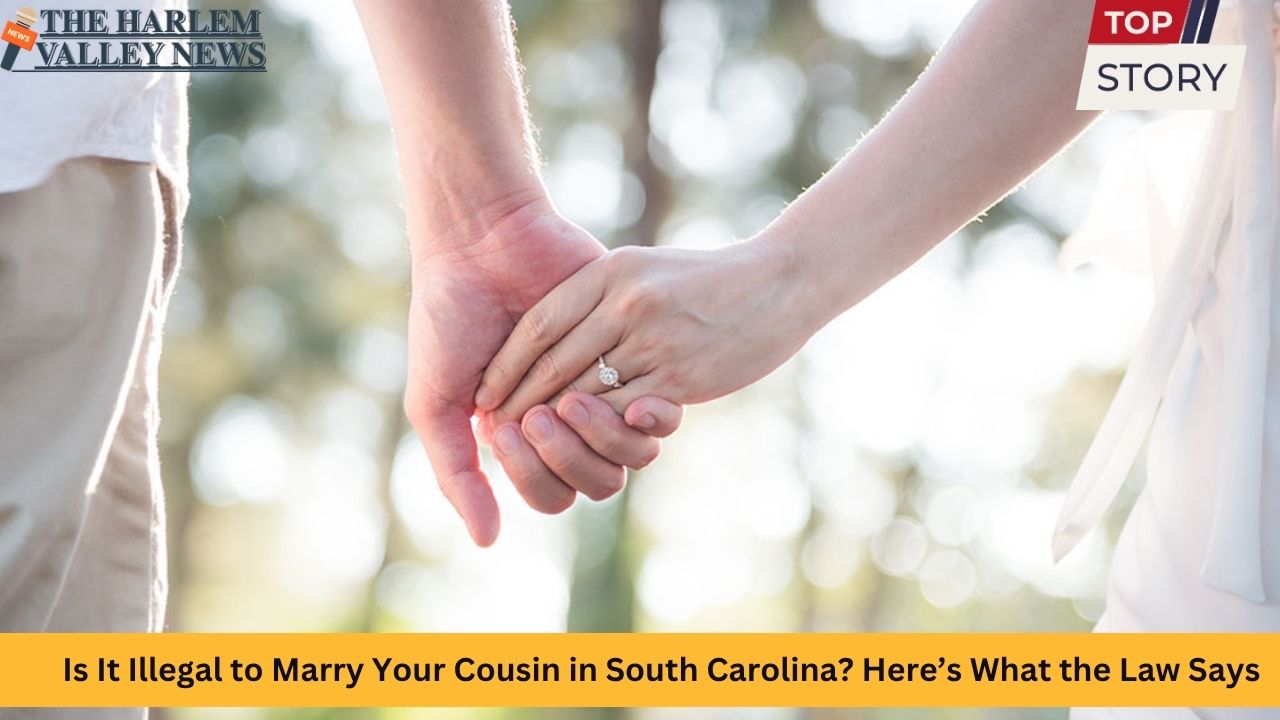
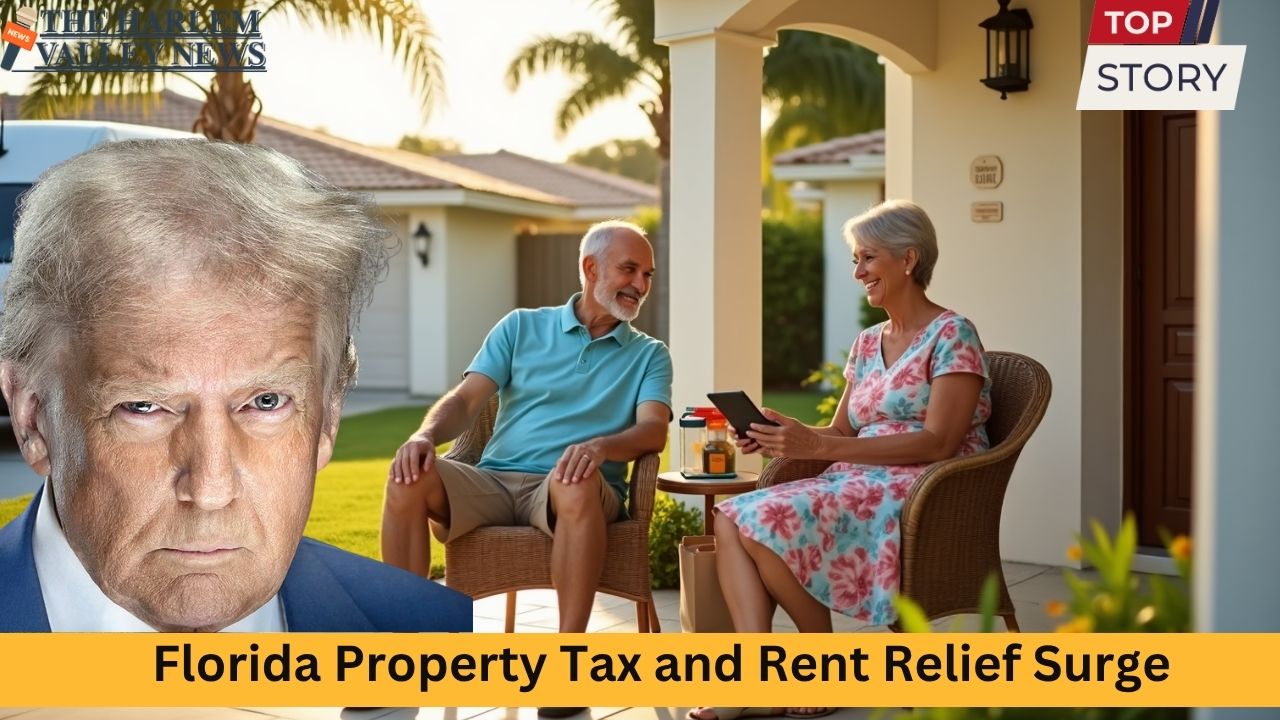
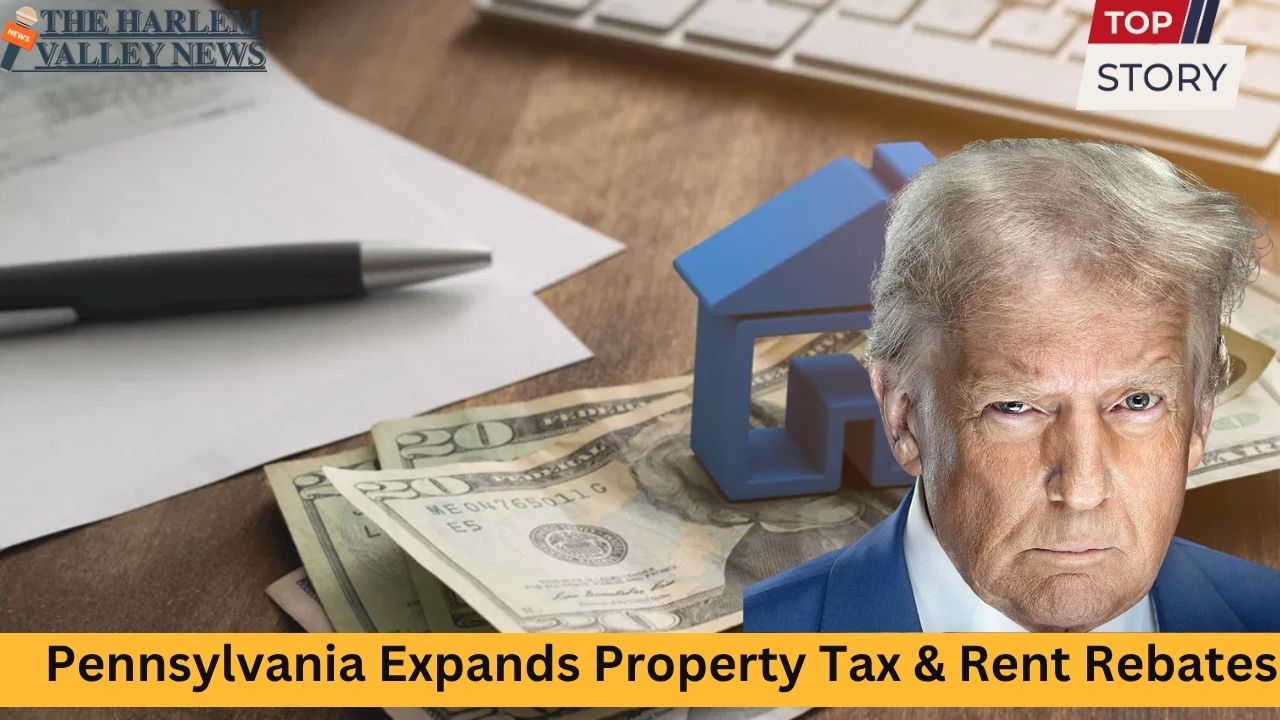

Leave a Reply